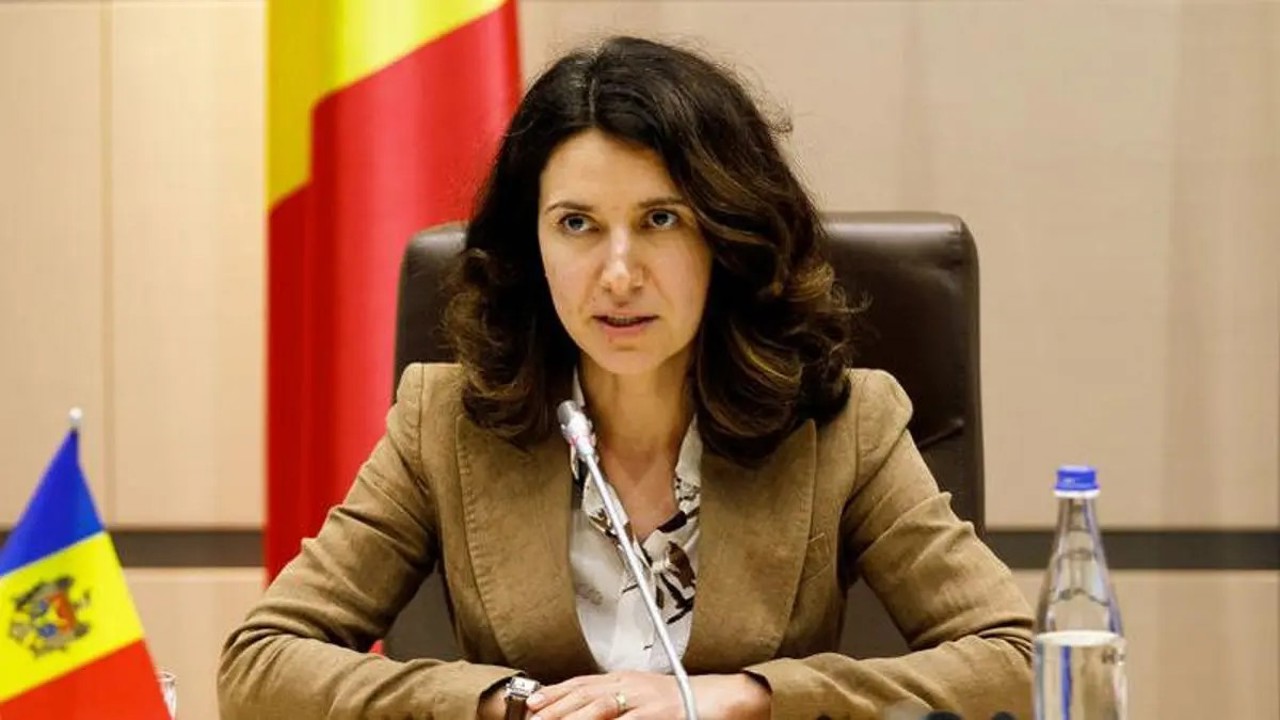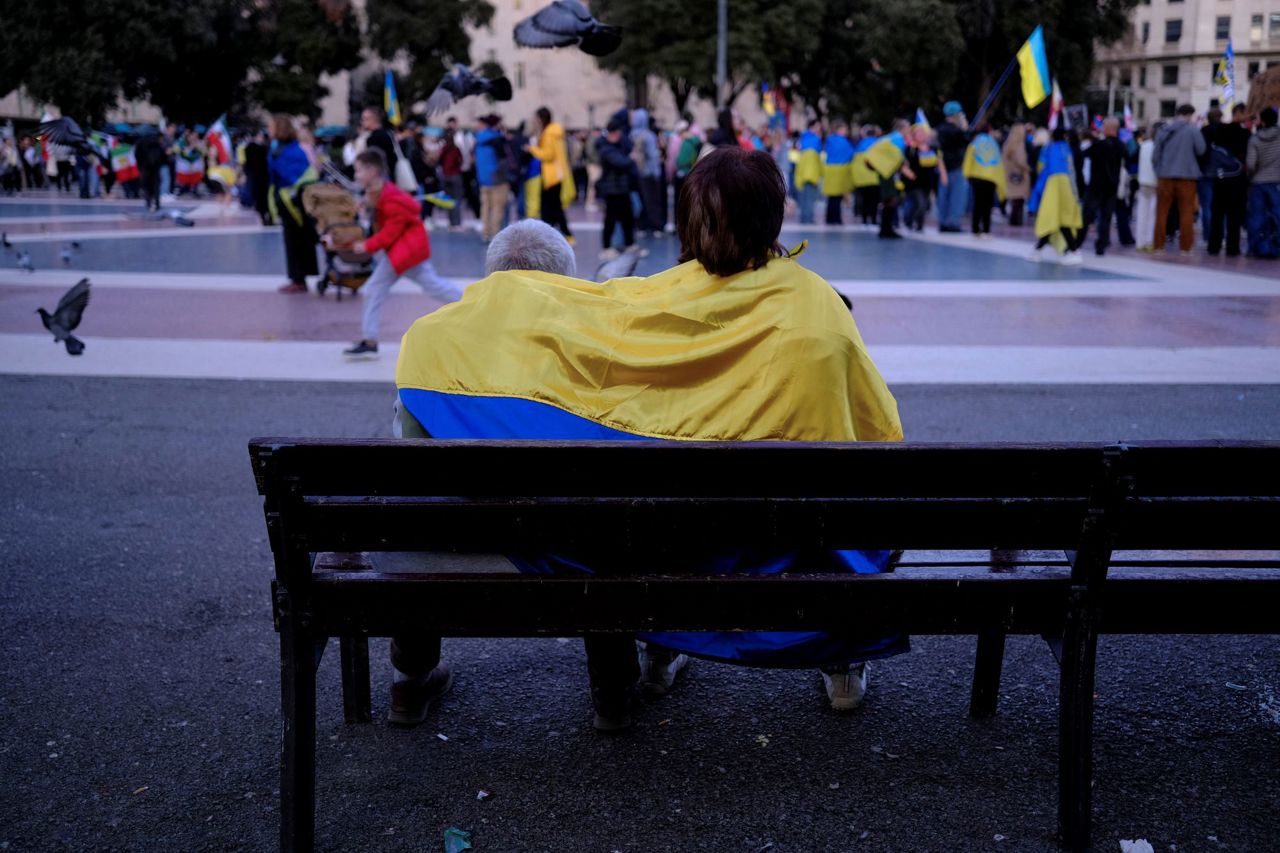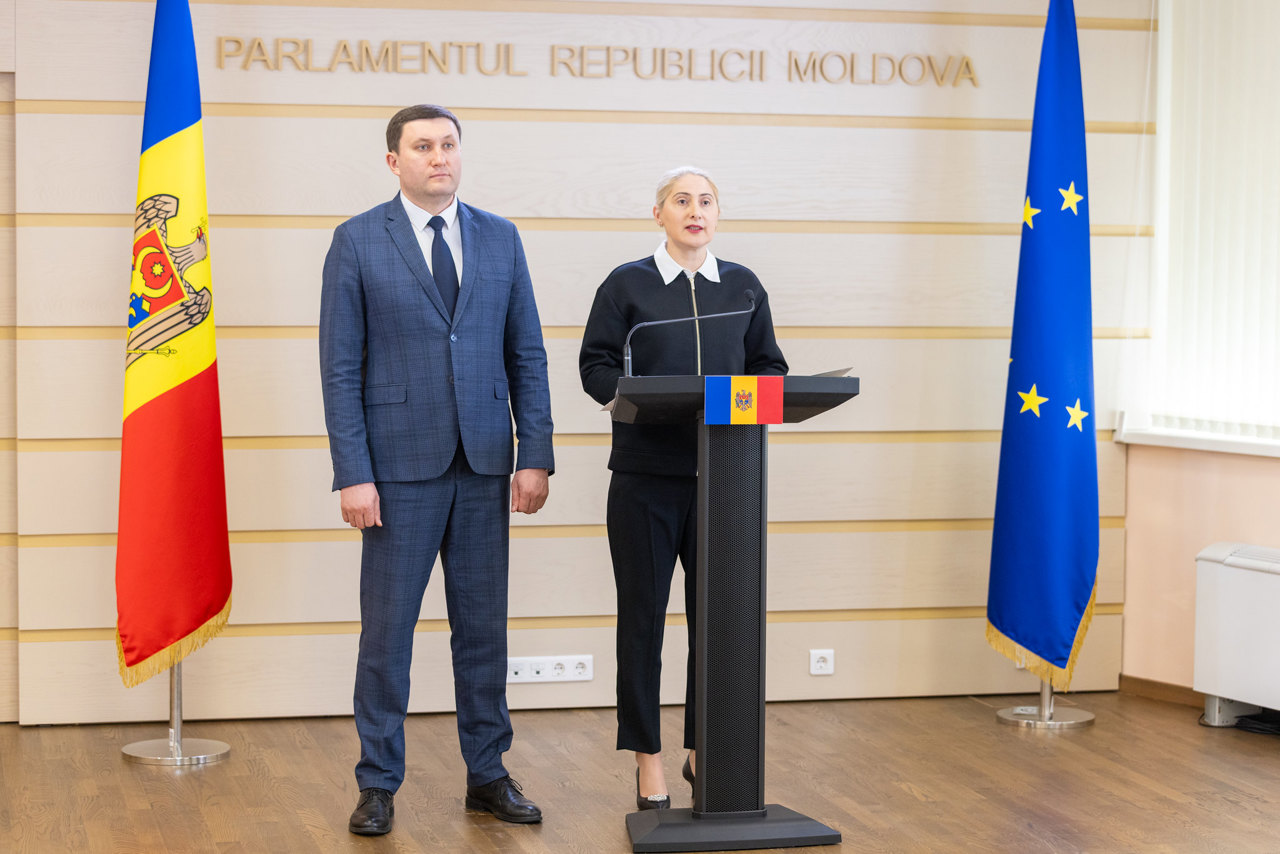Moldova withdraws amendment on online disinformation sanctions

The amendment proposing the sanctioning of online disinformation, which had been criticized by civil society, has been withdrawn, according to Olesea Stamate, vice-president of the Party of Action and Solidarity.
She mentioned on RLive that any interventions to combat online disinformation must be consulted with international organizations.
"The line between free expression and being sanctioned for disinformation is a very fine one, and the question will always be: who decides?" Stamate said. "From the recent discussion I had with my colleagues, I understand that the amendment has been withdrawn, and I truly hope that it will remain so, as any intervention to combat disinformation, if deemed necessary, must be carefully considered, consulted upon, and approved, including by international bodies that could offer valuable expertise."
According to an amendment to the Contravention Code proposed by PAS deputies, online disinformation was to be sanctioned as a misdemeanor in the Republic of Moldova. The initiators argued that this measure was necessary to protect the information space from manipulation campaigns, especially during election periods or crises.
On the other hand, representatives from the opposition and civil society warned about the risks of censorship and violations of freedom of expression. Experts in media and freedom of expression argued that, although well-intentioned, the initiative was poorly drafted, hard to apply, and opened the door to potential abuses. They argued that there were no objective criteria for defining online disinformation or identifying responsible parties, and without these, the application of sanctions could become arbitrary.
"I have seen various comments in the public sphere about this initiative, which was discussed by a group of media experts," Stamate said. "In my personal opinion, the legislation should be stricter with those who intentionally spread disinformation, especially public figures who do so online."
Opposition parties also opposed the project, accusing the parliamentary majority of attempting to impose a mechanism of control over freedom of expression under the pretext of combating disinformation. The European Social Democratic Party condemned "the PAS government's attempt to impose general censorship in the country and severely limit the right to free expression." The Socialist Party of Moldova also criticized the project, claiming it represented a new attempt to restrict democratic rights.
Translation by Iurie Tataru





